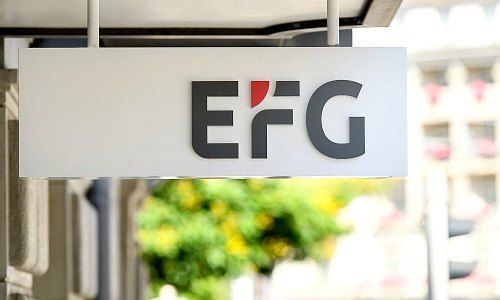Continued Deleveraging Fuel Asia Losses for EFG
EFG's private banking and wealth management business in Asia posted first-half losses amid continued deleveraging driven by investor uncertainty.
The bank posted losses of $4.3 million after taxes, compared to $2 million in the second half of 2018 and $18.5 million in the preceding quarter. Its global private banking and wealth management business posted a $13.9 million gain compared to the overall group’s $33.2 million.
Of the contributing factors attributed to weaker performance, the bank’s report highlighted «deleveraging due to investor uncertainty in view of geopolitical tensions and market volatility» by clients in the region and Latin America.
Deleveraging hits Asia
Organically, the private bank posted net outflows of around $508 million in Asia due to deleveraging. According to EFG CEO Giorgio Pradelli, ongoing geopolitical risks dented investor sentiments and hit transitional income.
«[Asian] clients were more risk-off due to the ongoing trade conflict between the U.S. and China,» he explained. «They traded less and their leveraged portfolios were offset.»
If not for deleveraging, Pradelli stressed that net new money would have been positive at 200 million Swiss francs ($203 million).
«2022 strategic plan»
EFG’s strategic plan for the 2019-2022 period, presented to investors in March this year, pledges focus on achieving growth through its «value proposition and distinctive CRO model, coupled with effective capital deployment».
In the region, one such initiative during the first half of 2019 included the acquisition of a majority stake in Australian financial services provider Shaw and Partners. EFG called Australia «one of the most attractive and fastest-growing wealth management markets worldwide» and added that the new business provided it with significantly expanded coverage.
As of the end of the half, EFG in Asia had $30.3 billion in assets under management and 298 full-time employees, up from $18.7 billion and 206, respectively, in 2018-end.



























